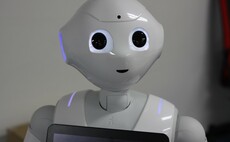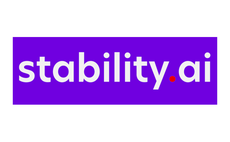"Human language is the new AI layer" says Satya Nadella, as he peddles "Conversation as a Service"
Highlights of Microsoft's annual Build developers conference in San Francisco so far include a growing focus on using "bots" to communicate, along with ever-widening attempts to please all the peop...
To continue reading this article...
Join Computing
- Unlimited access to real-time news, analysis and opinion from the technology industry
- Receive important and breaking news in our daily newsletter
- Be the first to hear about our events and awards programmes
- Join live member only interviews with IT leaders at the ‘IT Lounge’; your chance to ask your burning tech questions and have them answered
- Access to the Computing Delta hub providing market intelligence and research
- Receive our members-only newsletter with exclusive opinion pieces from senior IT Leaders






















